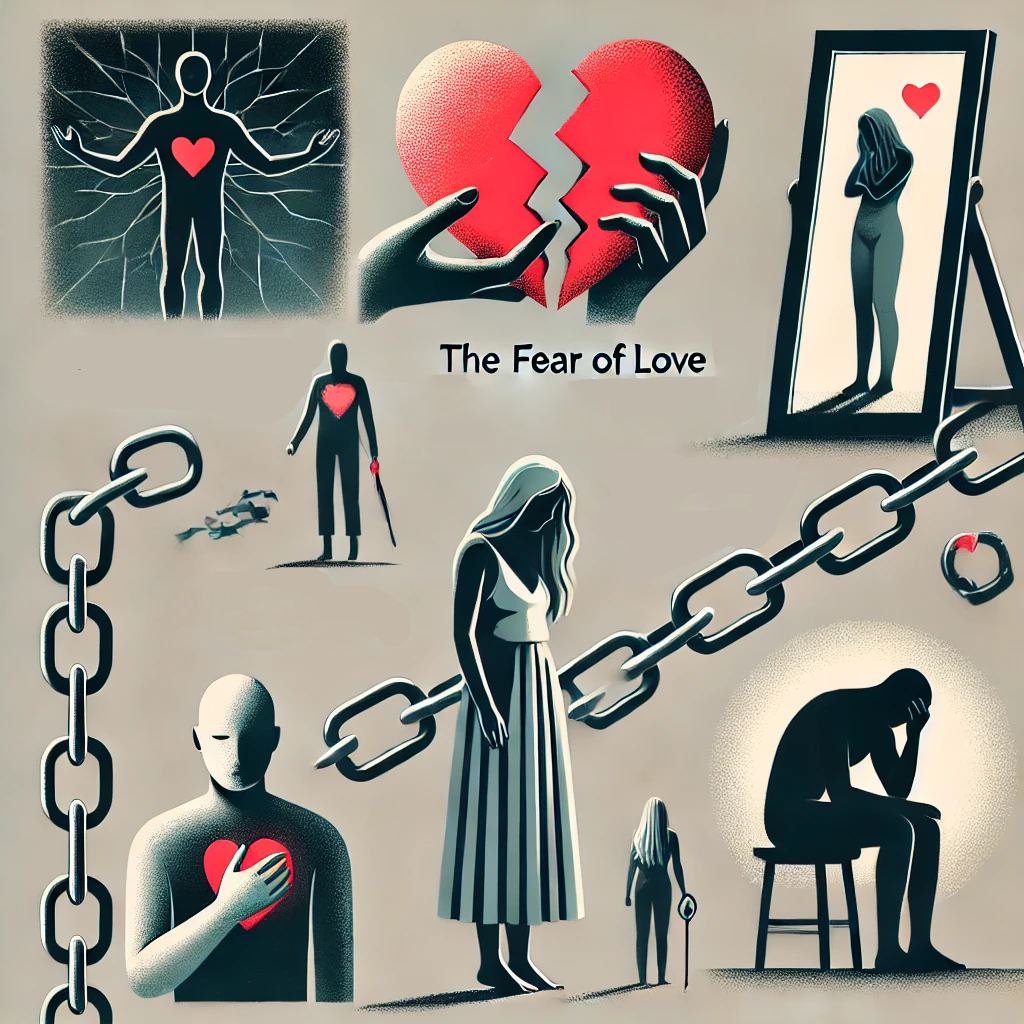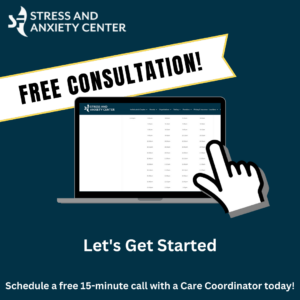Love, the elusive force that binds humanity together, is a multifaceted emotion capable of evoking profound joy and unparalleled pain. Despite its universal appeal, many of us harbor an inherent fear of love, a hesitation to fully embrace its intoxicating allure. This fear manifests in various forms, often stemming from deep-seated insecurities and past experiences. In this exploration, we delve into six reasons why individuals may fear love, unraveling the complexities that underlie our emotional vulnerabilities.
1. Fear of Vulnerability
At the core of our apprehension towards love lies the fear of vulnerability. To love is to expose oneself to the possibility of rejection, abandonment, and emotional hurt. Opening our hearts to another means relinquishing control, allowing ourselves to be seen in our most raw and authentic state. For some, this level of vulnerability feels too daunting, prompting a subconscious retreat into emotional self-preservation.
2. Past Trauma and Heartbreak
Previous experiences of heartbreak and betrayal can leave lasting scars on the psyche, instilling a profound fear of repeating past pain. Whether it be a tumultuous relationship, a betrayal of trust, or the loss of a loved one, the residual trauma can create barriers to forming new emotional connections. The fear of being hurt again becomes a powerful deterrent, leading individuals to erect emotional walls as a means of self-protection.
3. Insecurity and Self-Doubt
Deep-seated insecurities and feelings of inadequacy can undermine one’s ability to fully engage in love. The fear of not being enough, of being undeserving of affection and acceptance, can sabotage potential relationships before they even begin. These insecurities may stem from childhood experiences, societal pressures, or negative self-perceptions, perpetuating a cycle of self-doubt that inhibits the pursuit of love.
4. Fear of Abandonment
The fear of abandonment, rooted in primal instincts for survival, can exert a powerful influence on our romantic relationships. Whether it be the result of childhood abandonment or past relationship dynamics, this fear manifests as a deep-seated anxiety surrounding the possibility of being left alone or rejected by a romantic partner. Consequently, individuals may sabotage relationships or cling desperately to unhealthy dynamics out of fear of being abandoned.
5. Loss of Independence
Love often requires a relinquishment of individual autonomy in favor of partnership and mutual interdependence. For some, this loss of independence can evoke feelings of suffocation and entrapment, prompting a fear of losing one’s sense of self within the context of a relationship. The prospect of sacrificing personal freedom and autonomy can be unsettling, leading individuals to resist or avoid love altogether to preserve their independence.
6. Fear of Intimacy
True intimacy requires a willingness to be emotionally transparent and intimately connected with another person. However, the fear of intimacy can manifest as a reluctance to let down emotional barriers and reveal one’s innermost thoughts and feelings. This fear may arise from a fear of judgment, a fear of being emotionally overwhelmed, or a fear of losing control. As a result, individuals may shy away from deep emotional connections, opting for surface-level interactions to avoid the discomfort of intimacy.
Summing It Up
In conclusion, the fear of love is a complex interplay of psychological, emotional, and experiential factors that can profoundly impact our ability to form and maintain romantic relationships. From the fear of vulnerability to the trauma of past heartbreak, these fears shape our perceptions of love and influence our behaviors in profound ways. Yet, understanding and confronting these fears is essential for cultivating meaningful and fulfilling connections. If you need help navigating through some of these complexities a qualified mental health professional can help. Remember, by acknowledging and addressing our fears, we can embark on a journey towards love with courage, resilience, and authenticity. For it is only through embracing our vulnerabilities that we can truly experience the transformative power of love in all its beauty and complexity





